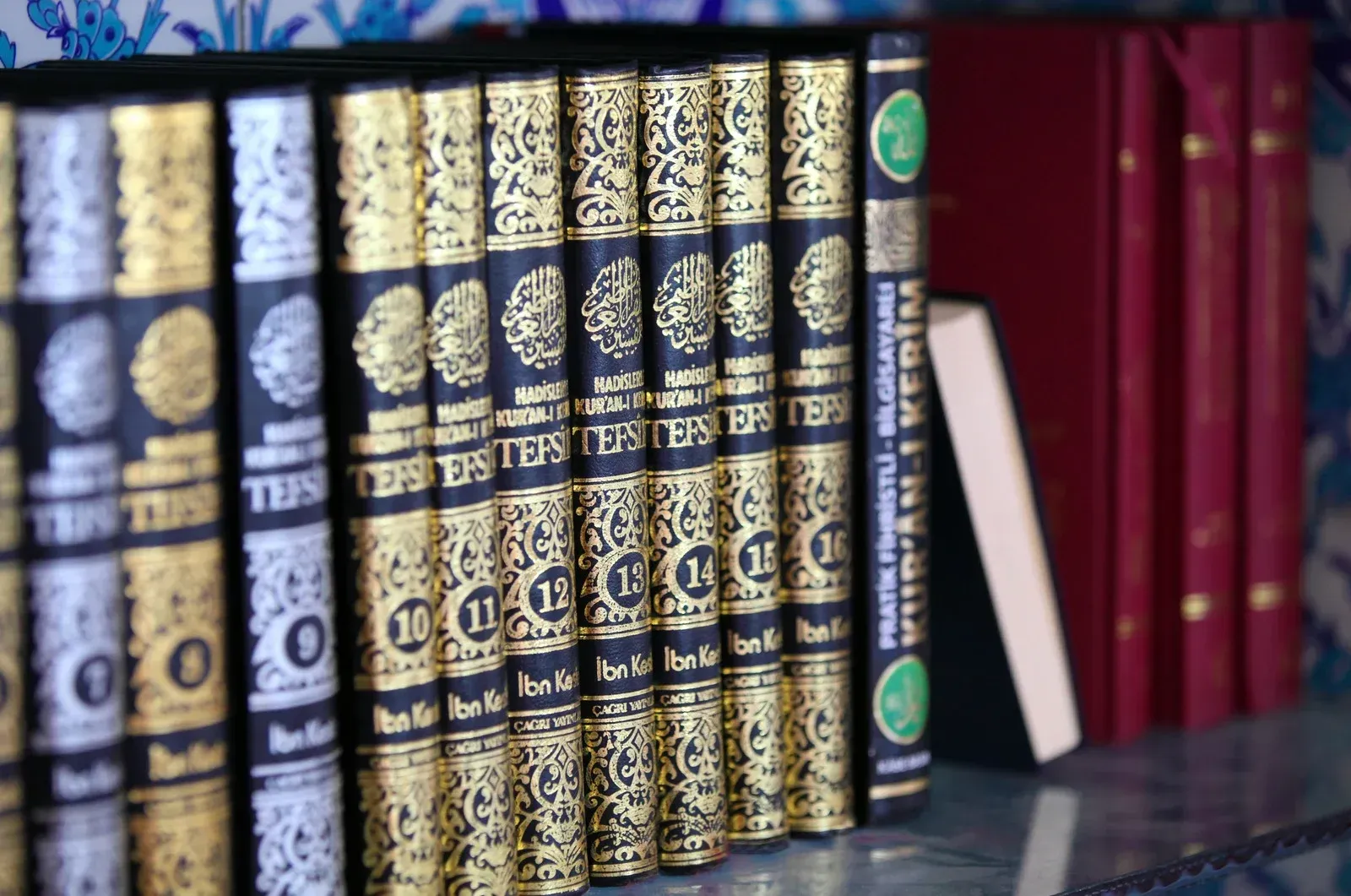How Book Clubs Can Strengthen Islamic Learning and Community Bonds
In an era where digital distractions are abundant, book clubs provide a refreshing way to engage with Islamic literature, deepen religious understanding, and foster meaningful relationships within the community. A well-organized Islamic book club can serve as a powerful tool for both individual spiritual growth and collective enrichment.
The Role of Book Clubs in Islamic Learning
1. Encouraging Deeper Engagement with Islamic Texts
Reading alone can sometimes lead to misunderstandings or a lack of reflection. Book clubs allow members to explore Islamic texts collectively, discuss interpretations, and gain insights from different perspectives. Whether studying the Qur'an, Hadith, or contemporary Islamic writings, group discussions enhance comprehension and application of Islamic teachings in daily life.
2. Making Learning More Consistent and Structured
Many people struggle to find time for Islamic reading amidst busy schedules. A book club creates a structured approach to reading and reflection, ensuring consistent engagement with valuable literature. Regular meetings encourage participants to stay on track, making Islamic learning a habitual practice.
3. Enhancing Critical Thinking and Reflection
Islamic literature often requires deep contemplation. Through book club discussions, members can analyze themes, debate viewpoints, and reflect on how Islamic teachings apply to modern-day challenges. This promotes intellectual growth while reinforcing core Islamic values.
Building Stronger Community Bonds
1. Creating a Sense of Belonging
An Islamic book club offers a welcoming space where members can share thoughts, ask questions, and engage in meaningful conversations. This sense of belonging strengthens community ties and nurtures a support system based on shared faith and values.
2. Fostering Intergenerational and Interfaith Dialogue
Book clubs are an excellent way to bring together individuals of different ages, backgrounds, and levels of knowledge. Elders can share wisdom, youth can bring fresh perspectives, and new converts can find guidance. Additionally, book clubs can serve as a platform for interfaith discussions, promoting understanding between Muslims and people of other faiths.
3. Encouraging Active Participation in the Community
Islamic book clubs often extend beyond reading sessions. They can lead to community service projects, charity initiatives, and partnerships with other organizations. Such activities inspire members to contribute positively to society while embodying Islamic principles of compassion and service.
How to Start an Islamic Book Club
If you're inspired to start a book club within your community, follow these simple steps:
- Choose a Focus: Decide whether your book club will focus on Qur'anic studies, Islamic history, personal development, or contemporary Muslim authors.
- Select a Book and Schedule Meetings: Pick a book that aligns with your goals and create a reading schedule that accommodates members' availability.
- Engage in Meaningful Discussions: Encourage open dialogue by preparing discussion questions and inviting diverse perspectives.
- Incorporate Actionable Takeaways: Apply what you learn by organizing community outreach efforts or personal development challenges.
- Promote and Expand: Use social media, newsletters, and community events to invite more members and keep the momentum going.
Conclusion
Islamic book clubs are more than just reading groups—they are spaces for spiritual growth, intellectual enrichment, and community building. With over several years of experience, we have been dedicated to supporting these meaningful gatherings. By fostering deeper connections with Islamic literature and with one another, these clubs create a stronger, more united community rooted in faith, knowledge, and shared purpose.
Are you interested in joining or starting an
Islamic book club? Explore The Islamic Library Association
based in Charlotte, North Carolina, to
find resources, recommended books, and opportunities to connect with fellow readers.


